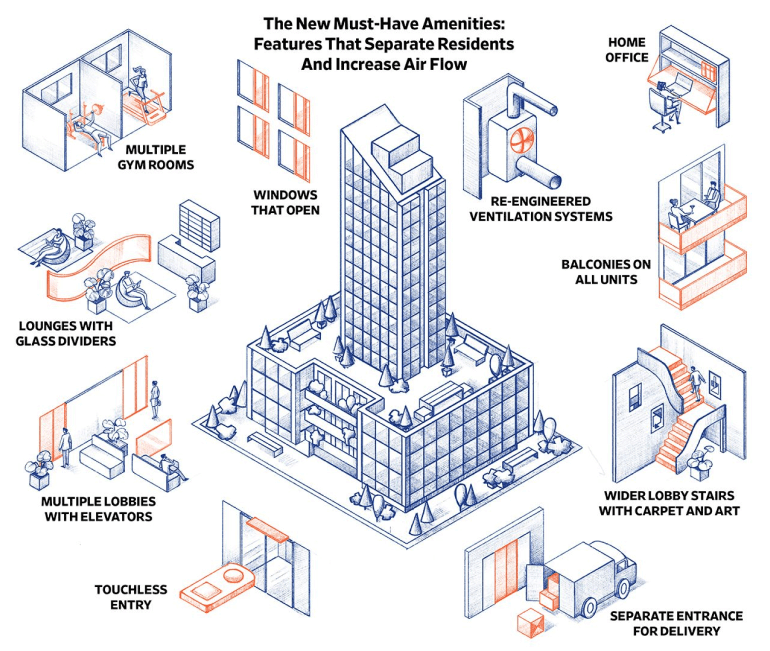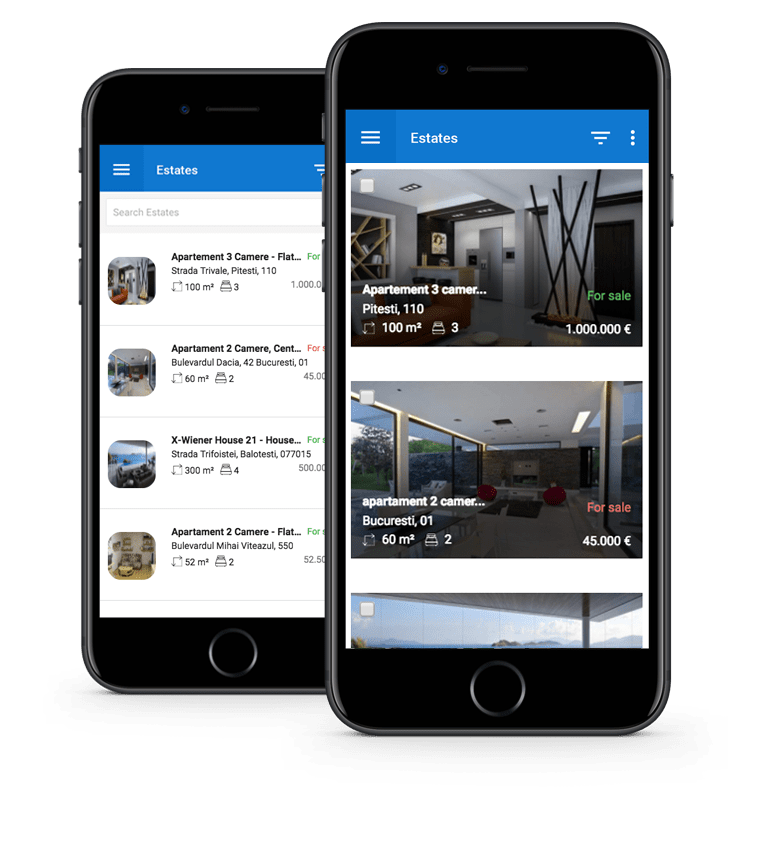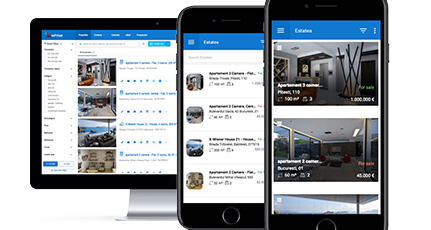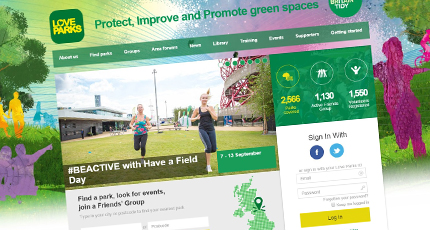It’s hard to predict the unpredictable. The last past months fully taught us this lesson. Still, there are some obvious real estate trends that any business players should consider if they want to maintain relevant on the market and, even more, turn challenges and risks into real opportunities.
Scroll down and keep reading to find out:
-
how the customers’ behavior changed since the pandemic crisis started;
-
general trends in the real estate market that affect both real estate developers and agents;
-
10 real estate technology trends to watch for optimizing your real estate business strategy;
-
how businesses owners can respond fast to the changing market and adapt to real estate trends:
How the customers’ behavior changed since the pandemic crisis started
The buyer profile changed as the crises became more obvious, so the market has become a challenging problem with many variables and even more unknowns for the real estate business owners.
Still, there are some obvious and predictable trends in the customers’ behavior that real estate business owners should consider while they are redesigning their market strategies.
Top changes in the customers’ behavior that impact the real estate market:
- people are leaving big cities and are looking for safer and less crowded places where they can have the chance to save money;
- people adopt extreme attitudes under the stressed generated by the pandemic context – from paralyzing anxiety to outright denial, these trends being also strongly reflected in their buying behavior,
- the chalet-effect – people perceive homes as their comfort and safety zone, so they are less willing to leave them;
- as many remote activities as possible – from working from their homes to online ordering and payments, their interests in remote activities are growing day by day;
- interests in discovering and exploring alternative solutions – people are looking for digital substitutes for physical experiences (from shopping to conferences and learning);
- looking for safe and/or safer investments – people want to invest in assets that have (somehow) a stable value;
- increased digital media consumption – through more apps and digital tools that are able to provide information and purchase tools at their fingertips (and less face-to-face interactions);
- contactless transactions and cashless payments – even for valuable purchases, people prefer to go through most of the steps with the help of digital (viewing an offer, signing documents, making payments, etc.)
General trends in the real estate market that affect both real estate developers and agents
- higher interests in safe investments – properties and lands being perceived as safe investments;
- dynamic in the families’ structure (e.g., in the US divorces rate increased with 34% during the isolation period) – that generates a higher volume of real estate transactions;
- dedicated spaces for working from home and for homeschooling – ultra-centrality and proximity of the workplace are no longer important criteria in property purchases;
- important changes in the way it understands property value;
- single-family house offers become more popular;
- rents in large cities decreased – and so are the sales for big cities properties;
- the office space rental industry has also changed – companies renegotiate the rental price and try to downsize the spaces;
- refinancing properties – banks have created dedicated programs to help sustain payment commitments for installment purchases;
- clients have redefined their formula for analyzing a real estate offer – space + quality of life + financial incentives;
- analytical data value – real estate business players understood that they could turn the analysis into opportunity;
- the property developers must rethink the spaces in relation to the safety norms

10 real estate technology trends to watch for optimizing your real estate business strategy
- Digital tools for accurate product evaluation – more sophisticated techniques that help agents to determine the value of a new and/or unique product.
- All-in-one platforms – that bring customers, agents, and real estate agencies in one place and offer them all the tools to match searched properties with offers and easily close transactions.
- Smart transactional tools – from e-payments to document transfers and signatures in digital format.
- Bringing diverse and disparate data in one place and extract valuable insights – at the macro and micro level (for both agents and business owners)
- Proactive tools (smart apps) to respond to customers’ needs:
- matching search criteria with real estate offers;
- faster transactions – simplified processes through automation and transfer of data and documents in digital format etc.
- Digitalization of showings – complete experience through real-time videos, virtual reality, augmented reality, and 360-degree photography;
- One-click tools for setting appointments, e.g., via chat;
- User-friendly and devices-friendly properties tours – adapting to customer’s resources without affecting the property’s showings quality (e.g., tours available directly from the smartphone) inclusive automated self-touring technology);
- Online integration of diverse real estate activities – from e-mail notifications to documents transfer, fee payments, etc.
- Personalized experiences – Improved customer relationships through digital tools that allow agents to have complete tracking and overview of their clients/potential clients’ behavior and follow-up them with personalized messages.
How businesses owners can respond fast to the changing market and adapt to real estate technology trends
There are plenty of digital solutions that can help you adapt fast to the dynamic market trends, and when it comes to innovation, the possibilities are unlimited.
Mobile apps, CRM platforms, and portals are the main approaches that work as basic structures with proven results that you can develop and customize as many features as you need.
Mobille apps
The latest global trends show a remarkable interest from users to invest in useful apps. That’s no wonder that from 2016 to 2019 app consumers grew with 2.1 x.
Moreover, it is estimated that by 2023 mobile apps will contribute with 4.3 trillion $ to the Global GDP (Report State of Mobile 2020 – App Annie).

Mobile apps are the shortest way to keep your customers close to your business. Once your app is downloaded on their phones, they will be able to check out your offers effortlessly – with no risk in forgetting your company/product’s name or wasting time in Google searches.
Some ideas of mobile apps you can develop for your real estate business:
- data import plugin for facilitating data transfer into/from the real estate websites;
- automatic completion of trading documents (by simply scanning the client’s ID card);
- lead management app – to help agents create efficient follow-up sales campaigns;
- CRM mobile app – to increase efficiency from a customer relationship management perspective;
- property research app property research app – a hub with useful tools (market research, reports, search properties, etc);
- live presentations app – present properties to potential customers from distance;
- transaction time calculator – to calculate the time spent for the real estate transactions;
- real estate marketplace – a real estate hub that puts agents, real estate agencies, and clients on the same page (literally and figuratively).
Need to accelerate or adjust the project development
for a mobile app?
Our app developers have the right skills to deliver scalabel apps
& full-cycle dev
services for iOS | Android | cross-platform applications.
Get a free project estimation (costs + time)
Tech trends you can respond through mobile apps
- Digital tools for accurate product evaluation
- Bringing diverse and disparate data in one place and extract valuable insights Proactive tools (smart apps):
- matching search criteria with real estate offers;
- faster transactions – simplified processes through automation and transfer of data and documents in digital format etc.
- Digitalization of showings
- Setting appointments instantly;
- User-friendly and devices-friendly properties tours;
- Online integration of diverse real estate activities;
- Personalized experiences.
CRM Solutions
According to Realtor.com it takes 10 properties visits during 10 weeks before a buyer makes a decision for closing a real estate deal.
This certainly means one thing: it\s crucial for an agent to have within reach all the tools for nurturing the relationship with his clients.
And this is exactly what a CRM platform will help you to do.
Tech trends you can respond through CRM solutions
- Digital tools for accurate product evaluation;
- Smart transactional tools;
- Bringing diverse and disparate data in one place and extract valuable insights;
- Proactive tools (smart apps) – faster transactions – simplified processes through automation and transfer of data and documents in digital format;
- One-click tools for setting appointments, e.g. via chat;
- Online integration of diverse real estate activities;
- Personalized experiences.
Let’s take a CRM project developed by Roweb as an example to see how this solution can help your business to grow:
Web-based and mobile-first CRM solution
The client needed to upgrade the application and have it built mobile-first in order to be able to access other markets outside of Belgium, particularly in Romania. At the same time, they needed to seamlessly migrate approximately 600 Belgian real estate companies in their existing user database into the new application. The implemented CRM solution helps the client to manage better:
The client needed to upgrade the application and have it built mobile-first in order to be able to access other markets outside of Belgium, particularly in Romania. At the same time, they needed to seamlessly migrate approximately 600 Belgian real estate companies in their existing user database into the new application. The implemented CRM solution helps the client to manage better:
Estate list design
This module enables real estate agencies to manage all of the properties in their portfolio. The main features in this module are:
- Property database that allows automatically exporting properties to the agency’s website as well as national real estate advertising portals
- Complete property history, with every related event, client visit, phone calls, adverts, and brochures
- Action button for emailing an offer’s details to its owner or a client
- Action button for adding events to the calendar
- Report for the property owner, containing the complete transaction history
- Activity plan that the real estate agent can customize for each particular estate
- Tools to automatically and manually match offers with searches

Email module
- All emails are automatically saved in the client’s record, thanks to this dynamic connection.
- The module allows users to add calendar events, view conversation histories for each of their contacts, across multiple email threads, as well as filter emails based on various attributes, or print them.
Real estate portals
Real estate portals allow you to connect main real estate trading parties (real estate business owners, agents, and clients) through a dynamic & customizable software solution.





The main features that a real estate portal usually provides are:
- properties matching;
- matching notifications via email;
- smart tags setups (low price, hot offer, exclusive, etc.);
- multiple options for Search Results View (list, grid, or directly on the map);
- POI Nearby – mapping client’s interests with nearby searches;
- market trends in Analytics.
How to start working with Roweb’s dedicated dev teams on your next project?
Until sending your project requests, there are some things you may want to know about us:
TECHNOLOGIES THAT WE USE:








METHODOLOGIES
- Agile
- Scrum
- Kanban
- Waterfall
ROLES WE PROVIDE
- Project managers
- Business analysts
- Developers
- Q&A specialists
- Scrum masters
- UX Designers




